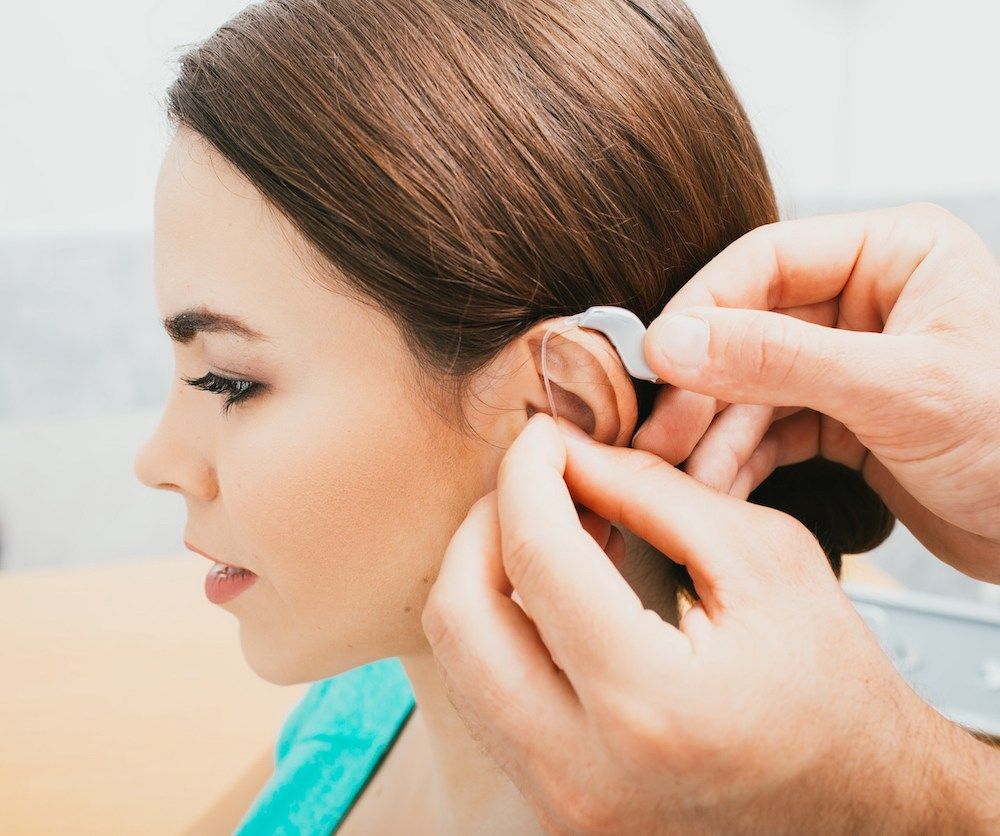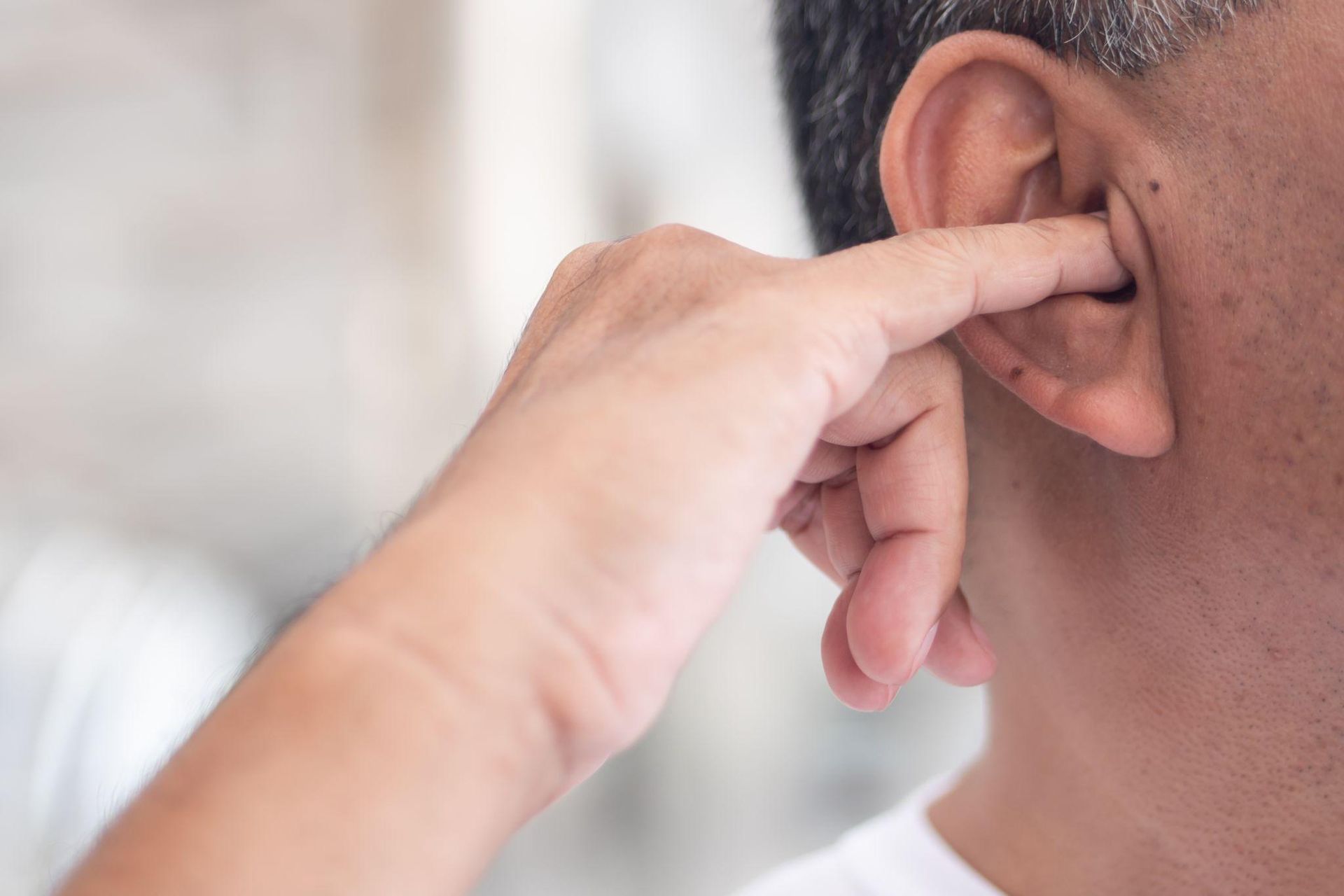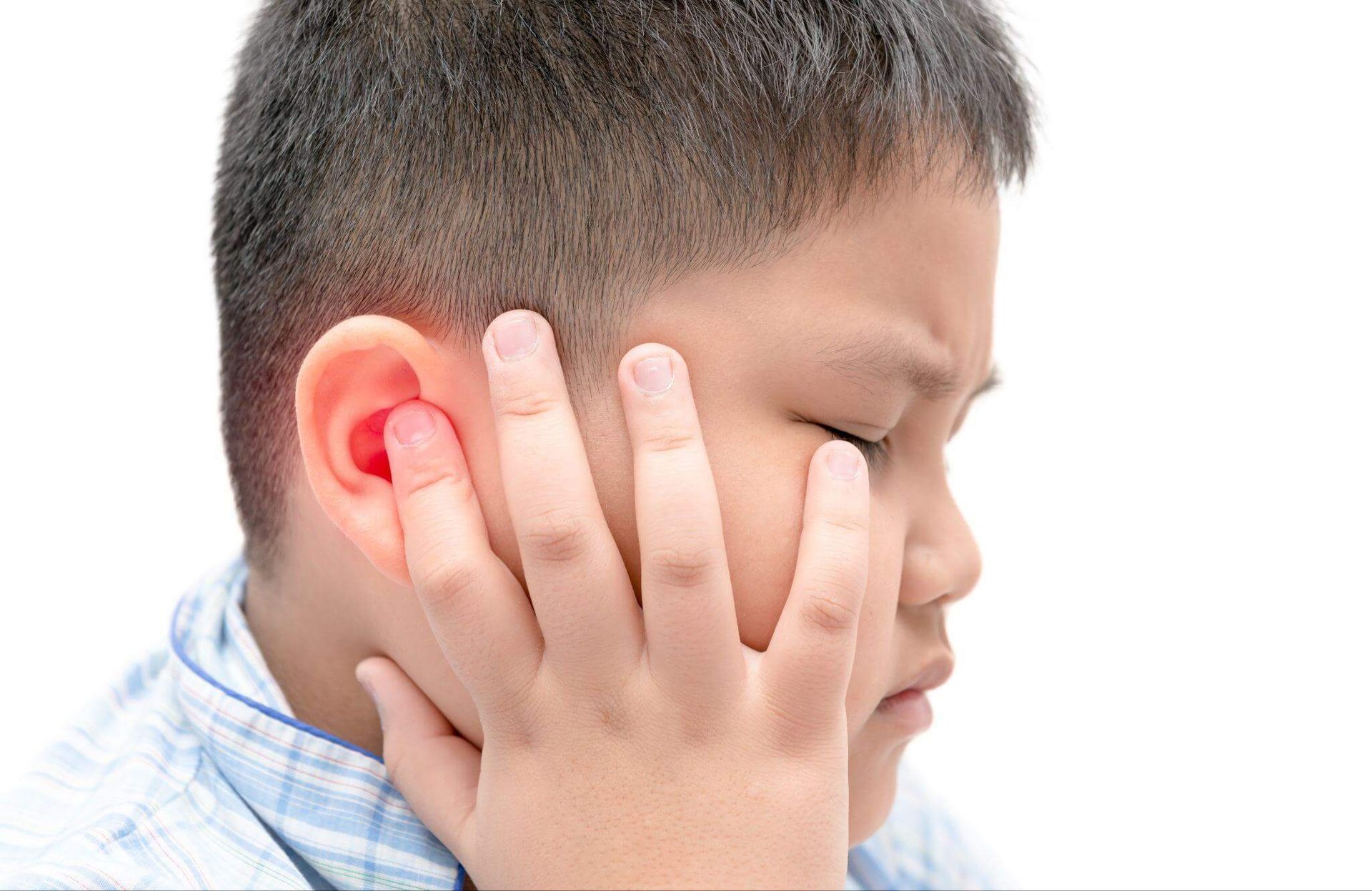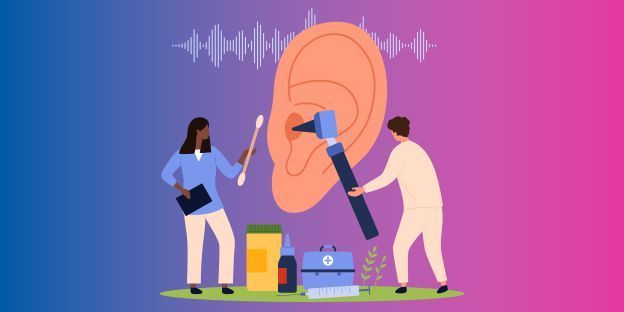Top 5 reasons to get a hearing test
An audiometric evaluation can determine if you have hearing loss and which options are available to help you hear better
If you have experienced a decline in your hearing, you may have considered booking a hearing test, but what if you haven’t noticed any changes?
Hearing tests are not only for people who are having difficulty hearing. A hearing test is an integral part of monitoring and maintaining your overall health.
Hearing loss often goes unnoticed. 77% of adults in Canada with hearing loss aren’t even aware they have hearing loss, according to a 2019 report from Statistics Canada. This is why a hearing test is critical in determining if hearing loss is present.
But there are many more reasons to have your hearing tested.
Here is a look at the top five reasons to get a hearing test.
1. Determine the state of your current hearing
First and foremost, a comprehensive hearing evaluation will determine if hearing loss is present.
During a hearing test, a hearing aid practitioner will perform various tests, including playing tones to determine how well you can hear different sounds. Speech testing will help determine how well you understand speech and at what volumes.
These tests are used to create a profile of your hearing loss. You will understand the types of sounds that are easy to hear and the ones that you likely struggle with.
A complete audiometric evaluation will also help your hearing aid practitioner to figure out the cause of a hearing loss and determine the best course of treatment. The sooner a hearing problem is detected, the better chance you have of finding an appropriate solution and preventing further damage.
2. Get a hearing baseline
The first time you have your hearing tested as an adult will provide your hearing aid practitioner with what is known as a “baseline.”
Even if your tests show that you have little to no significant hearing loss, a baseline is critical for your future hearing health.
Your hearing baseline will not only provide a complete look at your current hearing levels, but it will also serve as a point of reference for future examinations. If – at some point – you do start to struggle with your hearing, your baseline will help determine if you are experiencing hearing loss, when the hearing loss started, and how significant or progressive it is.
A hearing baseline will help identify patterns of hearing loss, which can be used to match your needs to the most effective course of treatment.
3. Understand how hearing loss impacts your life
Since the hearing loss profile is different for every person, the impacts of hearing loss are also different.
Hearing loss can be mild, moderate, moderately severe, severe or profound. You could have severe hearing loss for high-pitched sounds and mild hearing loss for low-pitched sounds – or any other combination.
Individuals with sensorineural hearing loss often report muffled speech, ringing in the ears or difficulty hearing in loud environments. Individuals with conductive hearing loss may report that sounds are muffled or quiet in general.
With unperceived hearing loss, these impacts may not be as noticeable. Individuals may complain that others do not speak clearly or that they can’t tune out background noise.
As part of an audiometric evaluation, a hearing aid practitioner will perform speech testing to understand if and how a hearing loss is impacting the way you hear and comprehend speech. These results will help you better understand your hearing and how it is affecting your daily life.
4. Get information to make an informed decision
If you have hearing loss, then your next steps could involve hearing aids, assistive listening devices, hearing protection or therapy. The good news is that there are lots of options!
Your clinician will develop a personalized treatment plan. Modern hearing technology is wide-ranging and can be adapted to suit any lifestyle, and your treatment plan will depend on the type and degree of hearing loss you are experiencing.
Comprehensive audiological evaluations are an important part of our approach at Discover Hearing because the information allows for more personalized recommendations. The recommendations made by your hearing aid practitioner will depend entirely on the data collected during your hearing test.
The more information we can gather, the easier it is to make a decision for the next steps.
5. Be proactive with your health and well-being
Much like an annual physical exam or trip to the dentist, regular hearing tests are a part of a good health routine.
Unperceived hearing loss can go unnoticed by individuals and their loved ones for years. Even after a deficiency is suspected, individuals afflicted with hearing loss often wait until the damage is severe and the hearing loss is profound before seeking treatment.
Long-term exposure to hearing loss can cause frustration, social anxiety, and isolation. Left untreated, it can lead to an increased risk of depression, dementia, and cognitive decline, and can even be a contributing factor in falling.
Aside from assessing your hearing health, the overall health of your ears will also be examined during an audiometric evaluation. Infections, abnormal growths, and wax buildup can increase your risk for hearing loss.
Early detection is a key factor in treating most medical conditions, and your hearing health is no exception. The sooner your hearing loss can be diagnosed, the sooner we can help you take the necessary steps to manage or treat your condition or prevent further hearing loss.
We want to address any hearing health concerns you may have as soon as possible. Book a hearing test today!










